Anti-Inflammatory Diet Plan–Getting Started
Inflammation is a natural and healthy physiological process that helps the body fight infection and heal wounds, yet the long-term impacts of it can actually damage the body. This chronic inflammation is the root cause of many disorders and serious illnesses. There are numerous reasons for chronic inflammation, such as improper healing of an injury, prolonged states of stress, lack of exercise, genetic predisposition, toxins, as well as a poor diet.
Healthy food choices can help regulate and boost metabolism, lower elevated blood sugar levels, and increase serotonin making us live longer and happier lives. Through a healthy diet, we can help change and heal our bodies. This article explains the benefits of an anti-inflammatory diet and how to best incorporate it into your life.
The anti-inflammatory diet has been very effective for many people and many different disorders. This is not a weight loss program, yet some people do lose weight while eating on this new and healthy path. These are just general recommendations for the anti-inflammatory diet but please know that all health, as well as specific diets, are meant to be individualized, so take what you need and leave the rest behind.
I advise you to work with a well-versed healthcare practitioner when making major shifts in your diet to ensure you are getting the nutrients and nourishment you need. Feel free to contact me for more information or make an appointment if you would like to move forward in adding the anti-inflammatory diet to your life!
The Anti-Inflammatory Diet Basics
Tips to success
Try to eat organically grown foods as they reportedly have 2-5 times more nutrients and it will decrease exposure to pesticides.
There is no restriction on the amount of food you can eat, but as we have heard plenty of times, moderation is key, smaller portions more often throughout the day may work for you.
The foods listed are only examples of foods to eat.
Try to compose meals of approximately 40% carbohydrates, 30% proteins, and 30% healthy fats.
Try to eat any one food no more than five times a week.
Plan your meals ahead of time to save time and stress later in the week.
Try to find a bunch of easy recipes that you enjoy to integrate into your cooking regime!
Foods to Avoid
Sugar and refined sweeteners
Gluten-containing foods
Dairy (except pasture butter, or ghee)
Processed foods
Citrus fruits (except lemons/limes)
Peanuts
Meats and eggs from conventionally raised animals (Organic animal products preferred if cost permits)
Corn and corn-containing foods
Caffeine
Alcohol
Mixed oils, Vegetable/ omega-6 oils ( canola, soy, cottonseed, margarine)
Nightshades
Foods to Enjoy
Antioxidant-Rich Vegetables
No Nightshades (tomatoes, peppers, eggplants)
Use mainly steamed vegetables as steaming improves the utilization or the availability of the nutrients, keeps the enzymes vital, and are easier to digest.
Use minimal raw veggies except as salads.
Include at least one green vegetable in a meal.
Fill at least half your plate each meal with vegetables.
Eat a variety of vegetables (except nightshades) that you can. It is best to try and eat mostly the lower carbohydrate (3-6%) vegetables.
3% carbohydrate - asparagus, bean sprouts, beet greens, broccoli, cabbage, cauliflower, celery, swiss chard, cucumber, endive, lettuce, mustard greens, radish, spinach, watercress
6%carbohydrate - string beans, beets, brussel sprouts, chives, collards, eggplant, kale, kohlrabi, leeks, onions, parsley, red pepper, pumpkin, rutabagas, turnip, zucchini.
15% carbohydrate - artichoke, parsnip, green peas, squash, carrot
20%carbohydrate - yams
Add your favorite spices to enhance the flavors
Eats lots of fermented veggies
Gluten-Free Grains, Beans, and Legumes
Limit servings to 1-2 cups of cooked grains per day of those you can tolerate, unless you have indications of high insulin levels such as being overweight, high blood pressure, high cholesterol, or diabetes.
Allowed grains include, amaranth, buckwheat, millet, oatmeal, quinoa, basmati or brown rice, rye and teff.
Beans and grains are best if soaked, sprouted, soured or fermented
Eat a variety of any legumes that you like. Soak for 48-72 hours and cook slowly- split peas, lentils, kidney beans, pinto beans, fermented soy (tempeh or miso), mung beans, garbanzo beans, adzuki beans. Yum!
No gluten-based grains, such as wheat, barley or rye.
Cold-water Fish
Poach, bake, steam or broil deep-sea ocean (wild rather than farmed fish) cod, haddock, halibut, mackerel, sardines, flounder, salmon is preferred
No shellfish
Aim for 3-4 servings a week.
Meats (From Animals Raised on Their Natural Diets)
Eggs from pasture-raised hens
Meat from free-range or organically raised chicken, lamb, turkey. Bake, broil or stream.
Fruits
Eat only 1 or 2 pieces of practically any fruit (except citrus)
Like the vegetables, try to eat mostly the low carbohydrate fruits for example:
3% - cantaloupe, rhubarb, strawberries, melons
6% - apricot, blackberries, cranberries, papaya, peach, plum, raspberries, kiwi
15% - apple, blueberries, cherries, grapes, mango, pear, pineapple, pomegranate
20+% - banana, figs, prunes, any dried fruit.
Avoid juice and dried fruits as they contain high amounts of sugar.
Limit to 2-3 servings a day
Seeds and Nuts
No peanuts!
Soak and dry any raw nuts to help optimize digestion
Nuts can be ground such as flax, pumpkin, sesame, or sunflower seeds and added to steamed vegetables, cooked grains, etc.
You may also eat nut and seed butter, such as almonds, cashews, sesame, etc.
Healthy Fats
Extra virgin olive oil, coconut oil, pastured butter or ghee, avocado oil
Sweeteners
Occasionally maple syrup, rice syrup, barley syrup, raw honey, or stevia- use sparingly and ONLY with meals.
No sugar, Nutrasweet, or any other sweetener is allowed.
Herbs and Spices
Cinnamon, Turmeric, ginger, garlic, rosemary and thyme are all great herbs to help reduce inflammation!
To add a delightful flavor to your food, add whatever spices you enjoy!
Beverages
Drink a minimum of 6-8 glasses of clean and pure water every day
A few drops of chlorophyll will add a pleasant taste, and help build blood
No distilled water
Homemade broth
Herbal tea
Kombucha/ fermented beverages
Remember that this is to enhance health, so have fun and experiment, and don’t feel bad with small deviations!
"Not striving to be perfect, striving to be whole."
*NIGHT SHADES - These are foods that are part of the solanaceae family and can be problematic for people due to the high amounts of lectin, saponin, or capsaicin content. People with healthy digestive systems seem to have no problem with these chemicals but people with a compromised GI tract due to an autoimmune disease seem to have trouble with them.
Tomatoes
Potatoes
Eggplant
Bell/Chili peppers
Tobacco
Disclaimer - All information provided on this site is not meant to take the place of the advice of your doctor/ health care provider, but is intended to help you make more informed decisions and take greater responsibility for your own health. Please do not use this information to diagnose or develop a treatment plan without consulting a qualified well-versed healthcare provider. Do not hesitate to email me with questions and please make an appoinment with me if you would like to discuss any information presented in further detail.
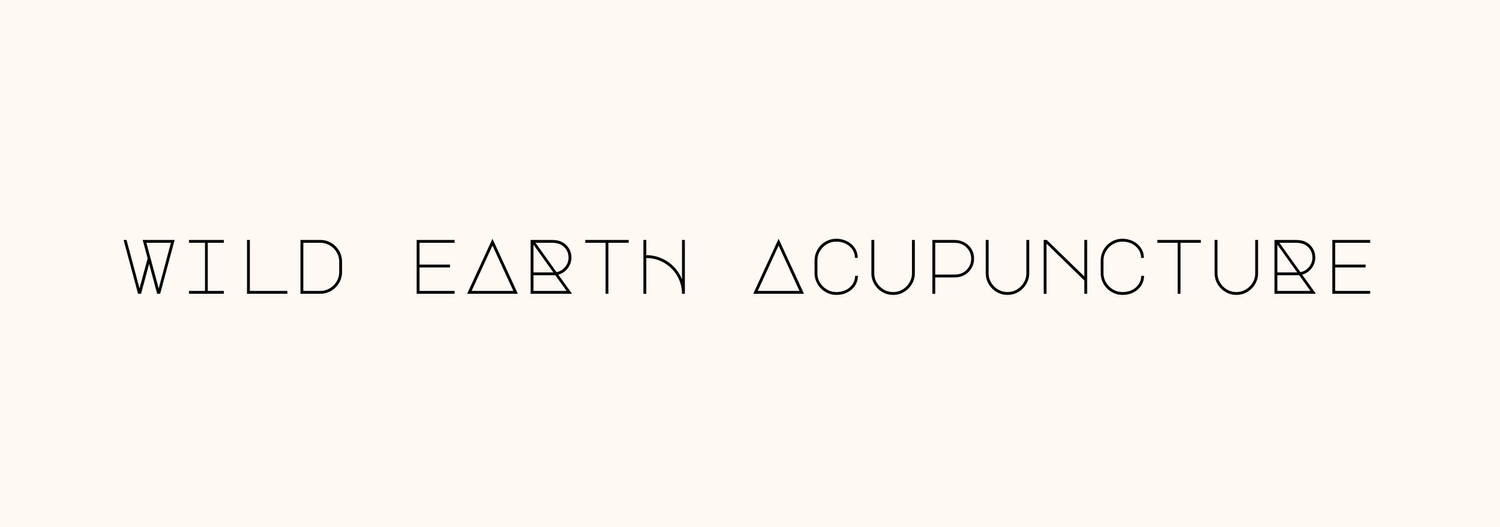


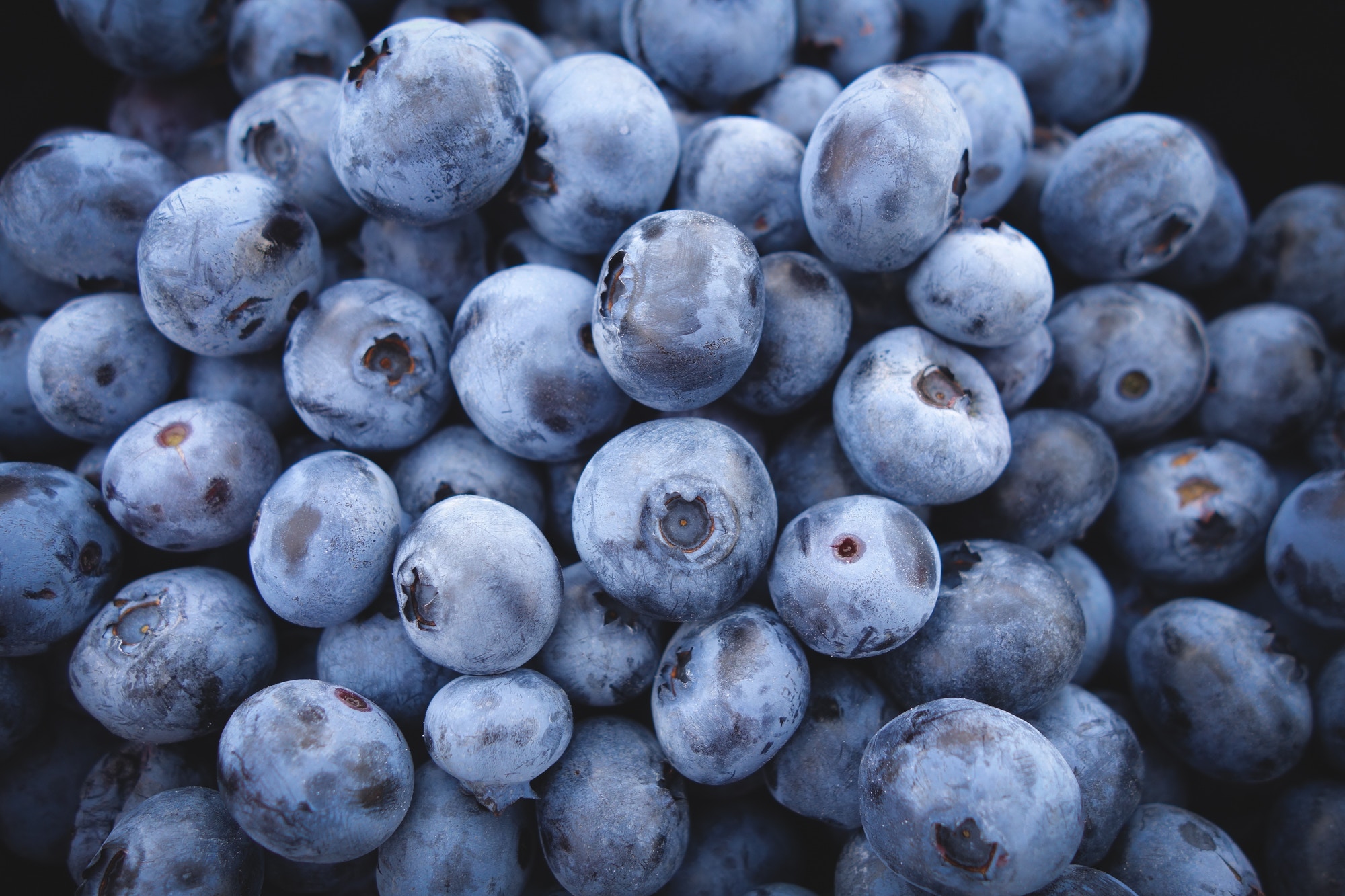





























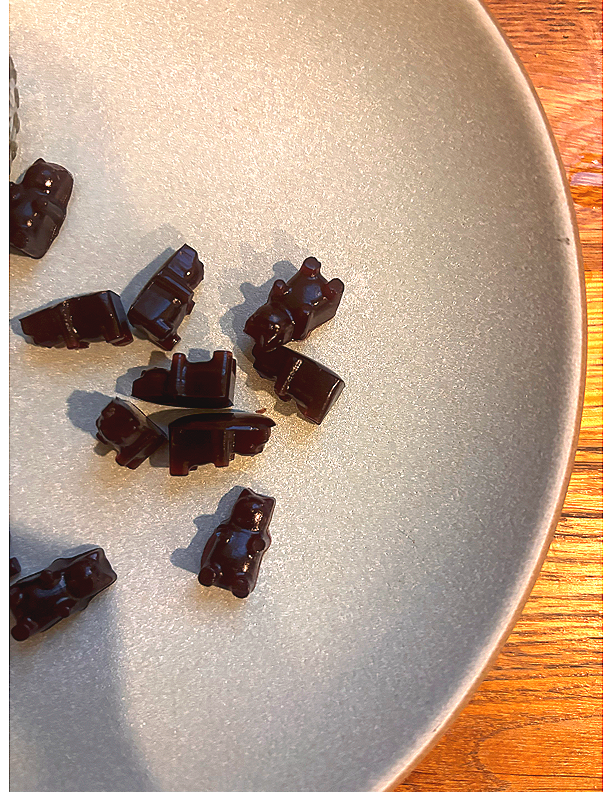







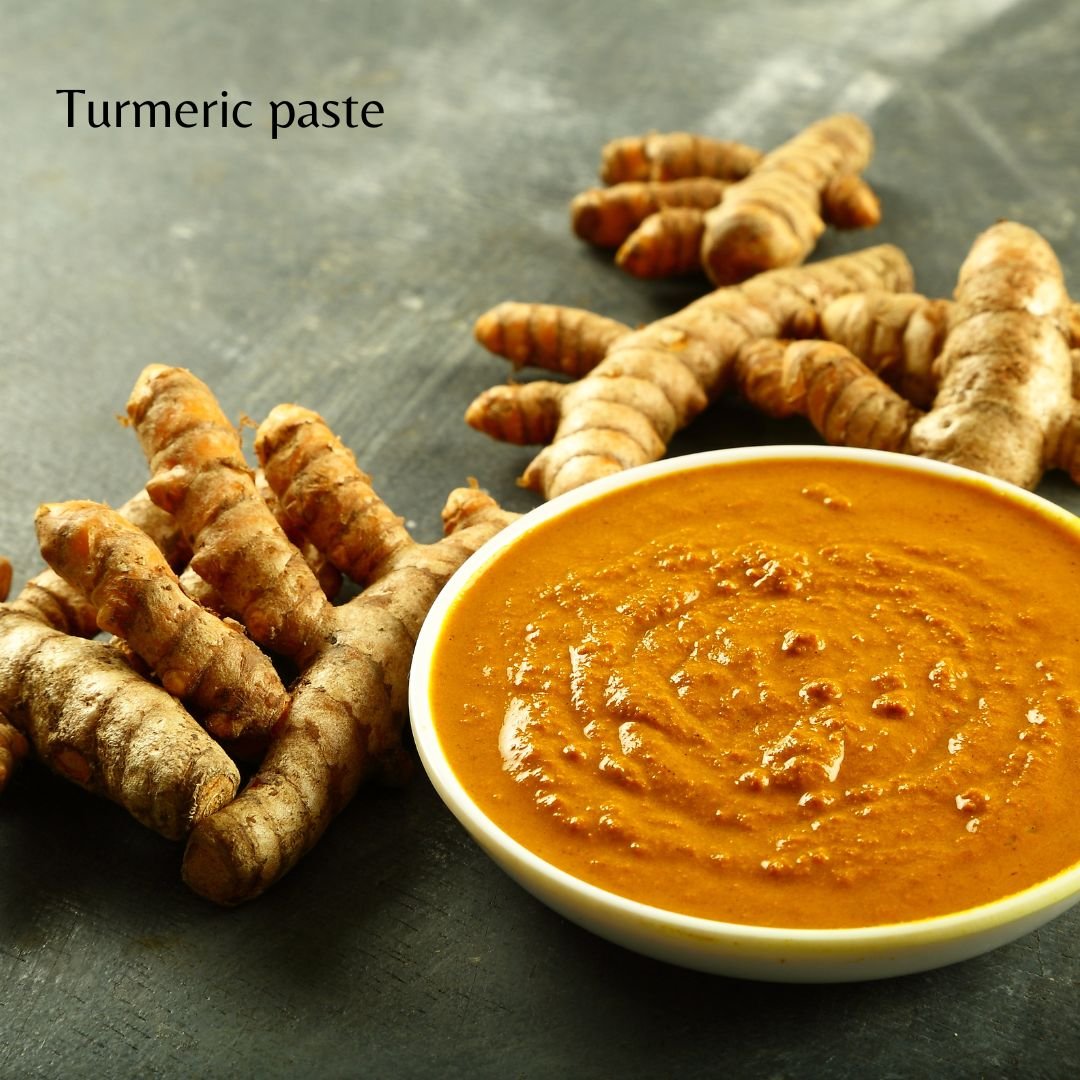





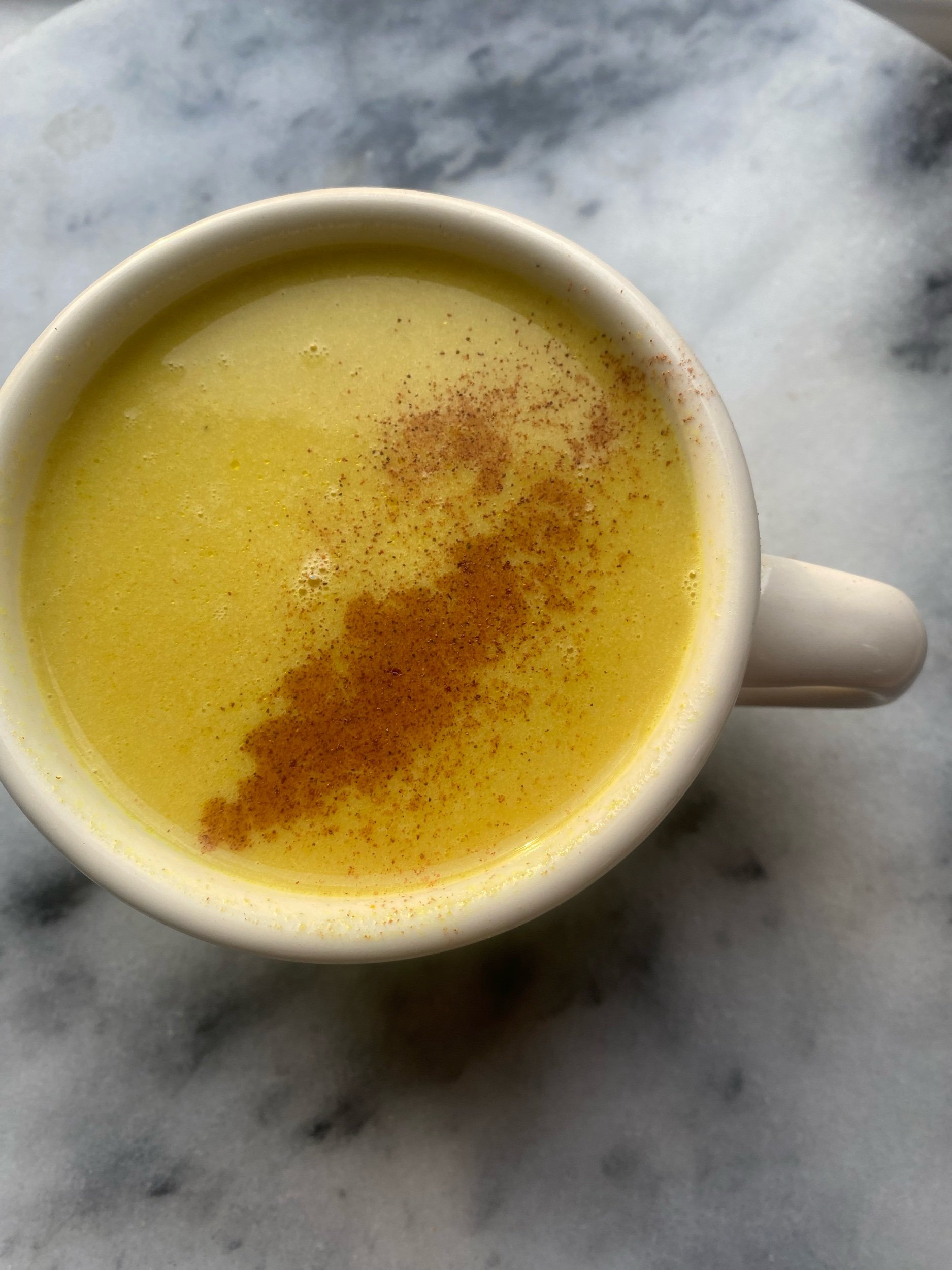

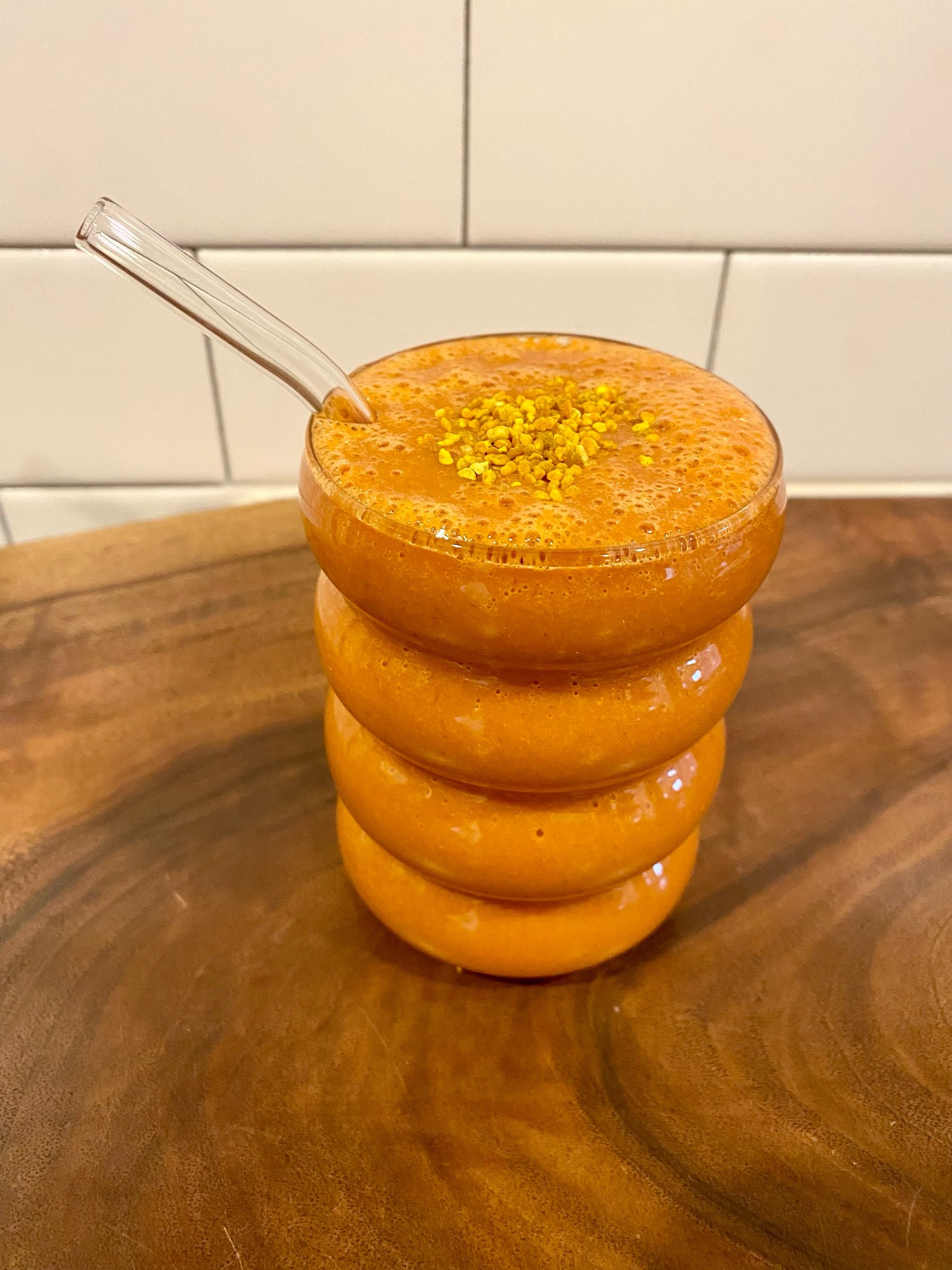
Learn how to how simple, everyday herbs can nourish your body, support digestion, boost immunity, and bring calm to your daily routine.